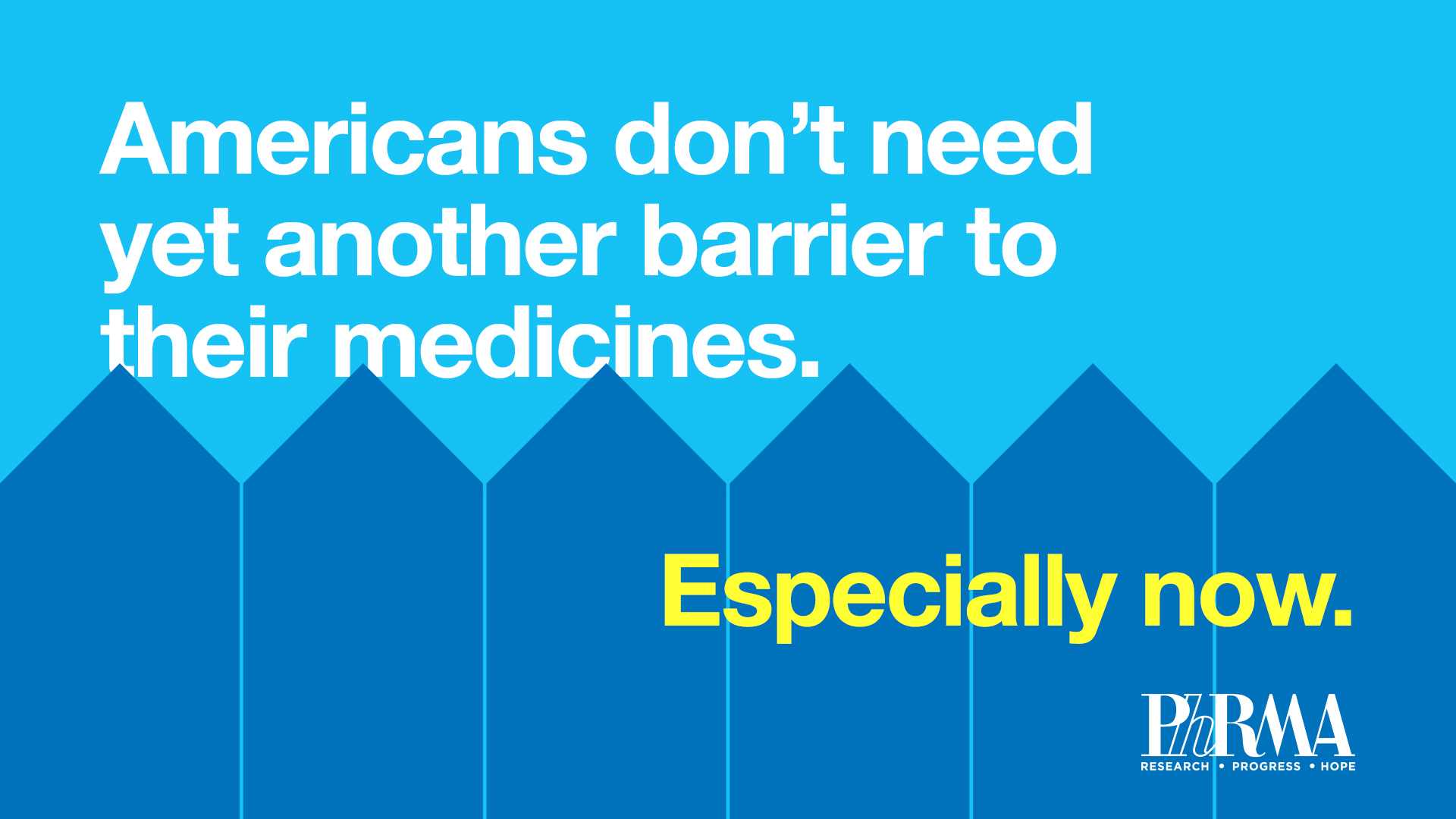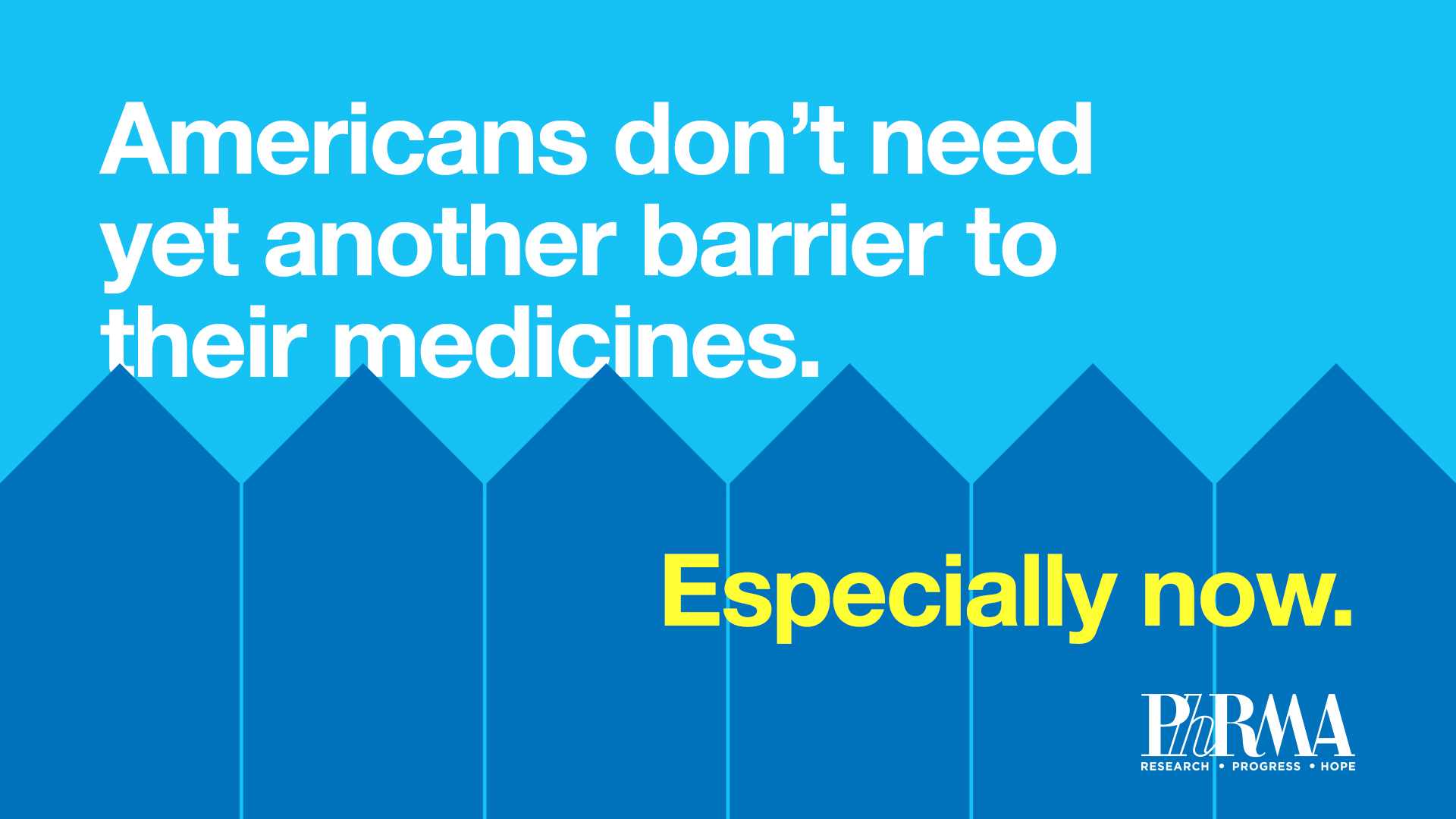Plus, a call for NIH culture change | Monday, June 06, 2022
| | | | | | | Presented By PhRMA | | | | Axios Vitals | | By Tina Reed · Jun 06, 2022 | | Happy Monday, Vitals readers. Today's newsletter is 989 words or a 4-minute read. 🍤 1 interesting thing: It turns out those with food allergies may be less likely to get the virus that causes COVID-19, Axios' Adam Tamburin writes about a new study co-led by a researcher at Vanderbilt University Medical Center. | | | | | | 1 big thing: "Red flag" laws test if mass shootings are preventable |  | | | Illustration: Sarah Grillo/Axios | | | | The argument for "red flag" laws is built on researchers and government agencies' finding that most mass shootings are preventable if citizens, health professionals and courts can act on signs of troubling behavior in time, Axios' Caitlin Owens writes. Why it matters: Although mass shootings only account for a fraction of firearm deaths in the U.S., advocates are pushing for a preventative approach to keeping guns out of the hands of people believed at greatest risk of committing violence. - Red flag laws are state laws that allow law enforcement — with a court order — to temporarily seize guns from someone considered a danger to themselves or others.
- The laws may be a rare point of bipartisan consensus as the nation grapples with a surge of mass shootings.
State of play: Red flag laws are built around what's known as extreme risk protection orders that allow certain citizens or law enforcement to petition a court to remove gun access from a person believed capable of committing homicide or suicide. - The laws currently exist in 19 states and the District of Columbia. Bipartisan gun reform talks in the Senate include a measure that would incentivize more states to enact such laws.
The big picture: Data backs up anecdotal evidence from one mass shooting after another that there are almost always observable signs of the violence to come, and experts say there are consistent patterns of behavior. Between the lines: Red flag laws are straightforward in theory. But it all comes down to how the laws are applied. - Since Florida's red flag law was passed after the Parkland school massacre in 2018, judges have acted more than 8,000 times to temporarily prohibit an individual from buying or possessing a gun, CNN recently reported.
- However, a Wall Street Journal analysis published last year found that many jurisdictions have used the laws rarely or not at all.
Related: At least 54 injured, 11 killed in seven separate mass shootings this weekend |     | | | | | | 2. NIH's culture needs a harder look | | The CDC and FDA have caught plenty of flak for bureaucratic and cultural issues that slowed America's pandemic response, but the National Institutes of Health needs a critical look, too, health policy experts write in The Atlantic. What they're saying: "America's research enterprise has become sclerotic, cautious, focused on doing what it has always done and withdrawing from clinical research," according to the piece co-authored by Ezekiel Emanuel, vice provost of the University of Pennsylvania who served on then-President-elect Biden's COVID-19 task force. - "The American public is paying for this decline in ambition," he wrote with Cary P. Gross, director of COPPER Center for cancer research at the Yale School of Medicine.
The big picture: An internal CDC review last month found deep concerns about that agency's culture and responsiveness to public health threats. The FDA was also criticized for moving too slowly in approving booster shots. - They pointed to the recent Infectious Diseases Society of America guidelines for treating hospitalized COVID patients which cite more than 40 published clinical trials — few generated by the NIH.
- "Amid the biggest health crisis in 100 years, the National Institutes of Health (NIH), the $42-billion-a-year engine of our nation's biomedical-research infrastructure, has been strangely quiet," they wrote.
|     | | | | | | 3. Promising trial of rectal cancer treatment |  | | | Illustration: Sarah Grillo/Axios | | | | A small cancer immunotherapy drug trial in patients with rectal cancer recently had an "unheard of" result: every single patient treated achieved complete remission. Why it matters: Based on just 12 patients, the trial was published Sunday in the New England Journal of Medicine needs to be replicated in a much bigger study. But seeing complete remission in 100% of patients tested is a very promising early signal, researchers said. - "I believe this is the first time this has happened in the history of cancer," Luis A. Diaz Jr. of Memorial Sloan Kettering Cancer Center, an author of the paper told the New York Times.
Details: Patients were given the drug known as a programmed cell death-1 or PD-1 inhibitor, or dostarlimab, to treat a certain type of locally advanced rectal cancer. - After six months or more of followup, they continued to show no signs of cancer without needing standard treatments of surgery, radiation or chemotherapy.
- "It's incredibly rewarding to get these happy tears and happy emails from the patients in this study who finish treatment and realize, 'Oh my god, I get to keep all my normal body functions that I feared I might lose to radiation or surgery," said the principal investigator MSK medical oncologist Andrea Cercek in a statement.
Yes, but: Again, this was a small study and not enough is yet known "to supplant our current curative treatment approach," an accompanying editorial pointed out. |     | | | | | | A message from PhRMA | | Insured Americans face barriers to care | | |  | | | | Nearly half of insured Americans who take prescription medicines encounter barriers that delay or limit their access to medicines. Learn more about the abusive insurance practices that can stand between patients and the care they need in PhRMA's new report. | | | | | | 4. American job shakeup impacts health care, too |  Data: Committee for a Responsible Federal Budget, U.S. Bureau of Labor Statistics; Chart: Simran Parwani/Axios The overall job market is nearly back to full strength, but it looks strikingly different than it did before the pandemic — and that includes the health care industry, too, Axios' Courtenay Brown writes. Zoom in: Federal data shows health services are among the sectors confronted with hundreds of thousands of fewer jobs in February. What's going on: A collision of forces — some structural, some cyclical and some already underway before the pandemic hit — are pushing workers away from some jobs and toward others, according to a recent report by Burning Glass Institute, a research firm. - This is certainly the case in health care which was already seeing shortages of critical health workers, but is now seeing an exacerbated problem leading more workers nationwide organizing and pushing for workplace changes like better pay or more favorable staffing ratios after waves of pandemic-fueled burnout and frustration.
|     | | | | | | 5. While you were weekending |  | | | Illustration: Aïda Amer/Axios | | | | 🍼 Abbott Nutrition announced Saturday it restarted specialty infant formula production in a move that may help ease a critical formula shortage in the U.S. starting later this month. (Axios) 🧠 Texas ranks last in mental health care among U.S. states. (NPR) 👉 The U.S. government is shipping drugs and vaccines to combat the monkeypox virus to eight states that have requested them, Centers for Disease Control and Prevention officials said. (Axios) |     | | | | | | A message from PhRMA | | Voters want Congress to address health insurance | | |  | | | | A decisive majority of Americans (86%) agree Congress should crack down on abusive health insurance practices impacting patients' access to care. Why it's important: Greater transparency and accountability within the current health insurance system. Read more in new poll. | | |  | It's called Smart Brevity®. Over 200 orgs use it — in a tool called Axios HQ — to drive productivity with clearer workplace communications. | | | | | | Axios thanks our partners for supporting our newsletters. If you're interested in advertising, learn more here.
Sponsorship has no influence on editorial content. Axios, 3100 Clarendon Blvd, Suite 1300, Arlington VA 22201 | | | You received this email because you signed up for newsletters from Axios.
Change your preferences or unsubscribe here. | | | Was this email forwarded to you?
Sign up now to get Axios in your inbox. | | | | Follow Axios on social media:    | | | | | |
No comments